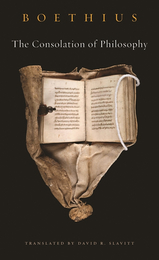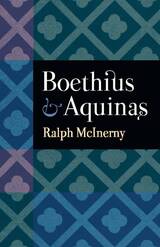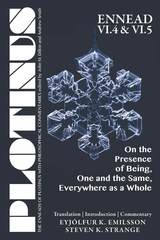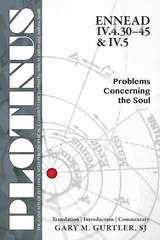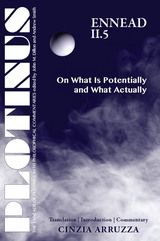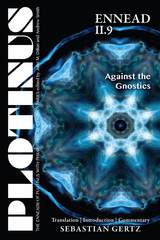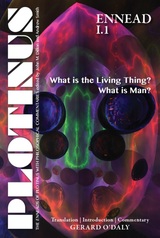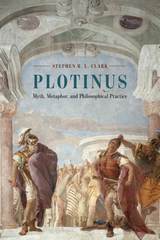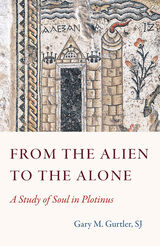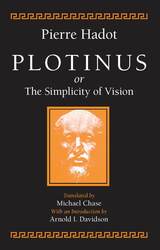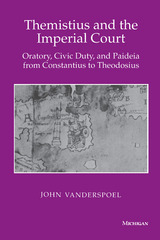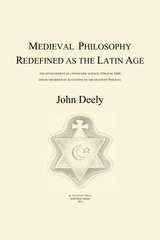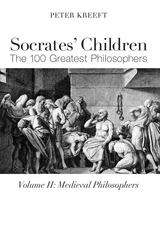PLOTINUS Ennead I.1: What is the Living Thing? What is Man?: Translation with an Introduction and Commentary
Parmenides Publishing, 2017
eISBN: 978-1-930972-99-5 | Paper: 978-1-930972-98-8
Library of Congress Classification B693.E52E5 2017c
Dewey Decimal Classification 186.4
eISBN: 978-1-930972-99-5 | Paper: 978-1-930972-98-8
Library of Congress Classification B693.E52E5 2017c
Dewey Decimal Classification 186.4
ABOUT THIS BOOK | AUTHOR BIOGRAPHY
ABOUT THIS BOOK
Ennead I.1 is a succinct and concentrated analysis of key themes in Plotinus' psychology and ethics. It focuses on the soul-body relation, discussing various Platonic, Aristotelian, and Stoic views before arguing that there is only a soul-trace in the body (forming with the body a “compound”), while the reasoning soul itself is impassive and flawless. The soul-trace hypothesis is used to account for human emotions, beliefs, and perceptions, and human fallibility in general. Its problematic relation to our rational powers, as well as the question of moral responsibility, are explored. Plotinus develops his original and characteristic concept of the self or “we,” which is so called because it is investigated as something common to all humans (rather than a private individual self), and because it is multiple, referring to the reasoning soul or to the “living thing” composed of soul-trace and body. Plotinus explores the relation between the “we” and consciousness, and also its relation to the higher metaphysical entities, the Good, and Intellect.
Ennead I.1 is a succinct and concentrated analysis of key themes in Plotinus' psychology and ethics. It focuses on the soul-body relation, discussing various Platonic, Aristotelian, and Stoic views before arguing that there is only a soul-trace in the body (forming with the body a “compound”), while the reasoning soul itself is impassive and flawless. The soul-trace hypothesis is used to account for human emotions, beliefs, and perceptions, and human fallibility in general. Its problematic relation to our rational powers, as well as the question of moral responsibility, are explored. Plotinus develops his original and characteristic concept of the self or “we,” which is so called because it is investigated as something common to all humans (rather than a private individual self), and because it is multiple, referring to the reasoning soul or to the “living thing” composed of soul-trace and body. Plotinus explores the relation between the “we” and consciousness, and also its relation to the higher metaphysical entities, the Good, and Intellect.
See other books on: . 1 | Commentary | Ethics, Ancient | Plotinus | Soul
See other titles from Parmenides Publishing


